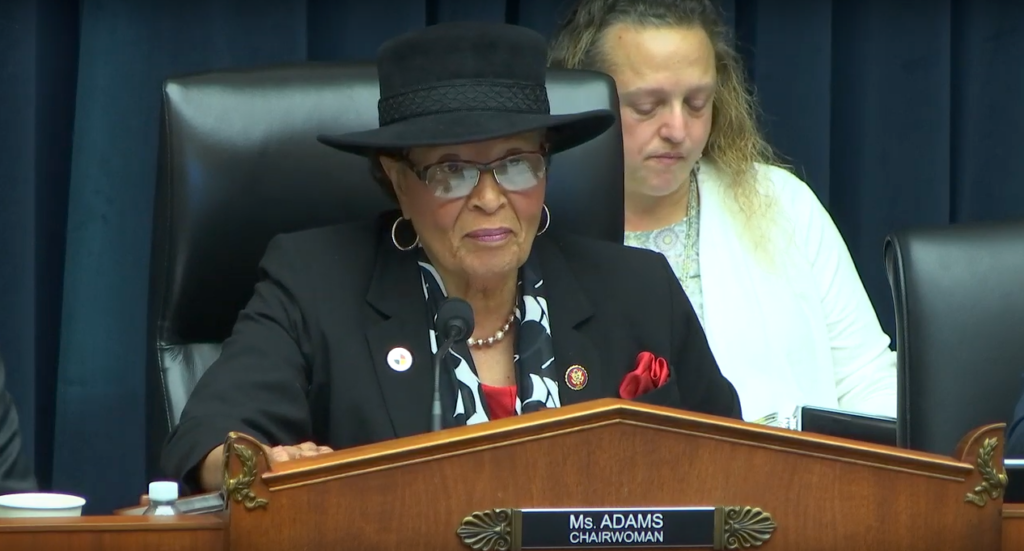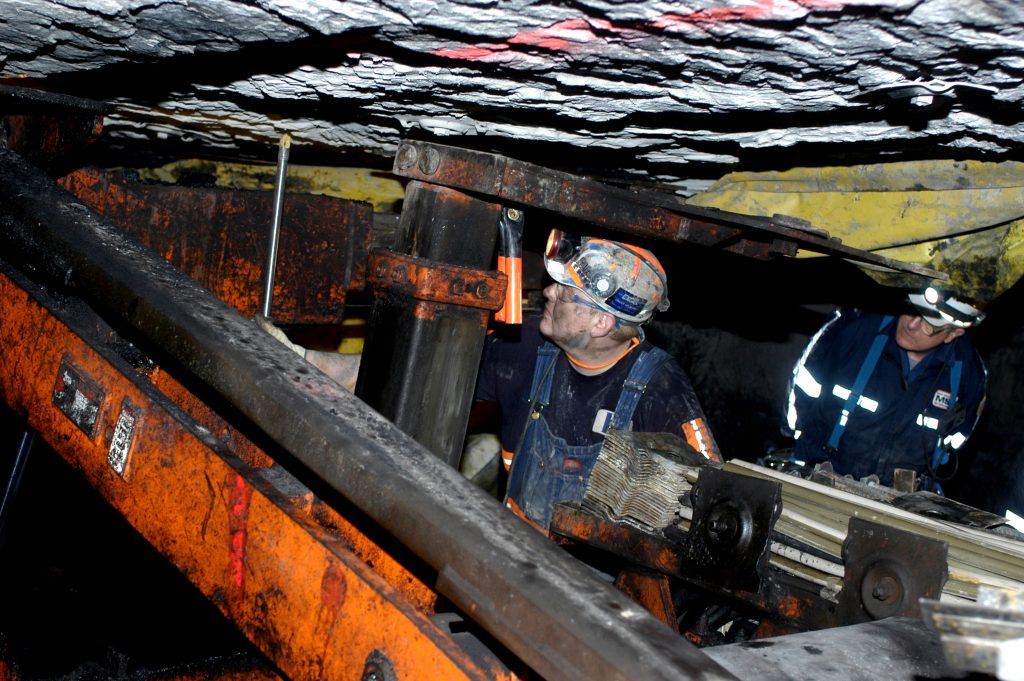Cleaning Up Coal Ash
For well over a century, power plants across the country have burned coal to generate electricity. And for just as long, leftover coal ash has been dumped in open, unlined pits near the power plant, usually located on a river or lake. Every year, U.S. power plants produce 130 million tons of coal ash, which is the second largest waste stream in the country after municipal garbage.
Coal ash concentrates the toxic heavy metals found in coal, including arsenic, mercury, lead and selenium. Stored in unlined, wet impoundments, coal ash has been leaking these toxics into our groundwater and surface waters for years. Sometimes these impoundments collapse — with disastrous results.
Yet government regulations for coal ash management are either non-existent or sparse, and there is little enforcement of the regulations that do exist. In North Carolina, this lack of oversight — and the complicity between state regulators, elected officials and Duke Energy — came to a boiling point in February 2014 when one of Duke’s coal ash impoundments spilled 39 million tons of ash into the Dan River.
Citizens living near North Carolina’s 33 coal ash impoundments — all of which have leaked — have fought for transparency from Duke and the state, and for cleanup of the pollution that threatens their property value, health and family. Their actions forced this issue into the headlines of news networks and to the forefront of environmental justice conversations in the United States.
Appalachian Voices stood with these communities as we worked for years to compel Duke Energy and the N.C. Department of Environmental Quality to excavate coal ash from all the North Carolina sites and dispose of it either in lined, dry landfills, away from waterways, or by recycling it for concrete or other uses, provided it’s done in a manner that protects public health and the environment.
On Jan. 2, 2020, North Carolina announced a historic settlement with one of the state’s most powerful corporations and polluters, Duke Energy. The settlement requires Duke to move nearly 80 million tons of toxic coal ash at six of its power plants to properly lined landfills onsite or recycle it.

Learn information about specific coal ash impoundments in the South, including health threats and safety ratings:
Additional Resources
Fact sheets, videos, links to academic research, and more
Sign Up to Act
Help us protect the health of our communities and waterways.
Latest News
Gaming the system — Part III
In 2021, the Government Accountability Office found big problems with the Labor Department’s current rules because they do not require sufficient collateral to cover both current and future black lung liabilities.
Gaming the system — Part II
Congress stated clearly that coal operators, instead of taxpayers, would shoulder the cost of black lung when it set up the Black Lung Trust Fund. The trust fund was intended to be a backstop for miners rather than a means for coal operators to underinsure their liabilities.
Gaming the system — Part I
At its core, this is the age-old story of corporate greed whereby rapacious mine operators, who have subjected generations of miners to disabling and fatal black lung disease, managed to transfer their responsibility to pay black lung benefits to suffering coal miners from their corporate coffers to the taxpayer’s pockets.
Air Pollution Control Board votes to remove Virginia from Regional Greenhouse Gas Initiative
Today, Virginia’s Air Pollution Control Board decided to remove the state from the Regional Greenhouse Gas Initiative. In a 4-3 vote, the board carried out the wishes of Virginia Gov. Glenn Youngkin, who has targeted RGGI since taking office.
Tennessee enacts law halting efforts to take over surface mine regulation from federal government
On May 11, Tennessee Gov. Bill Lee enacted a significant law that temporarily halts the state’s pursuit of primacy. Primacy refers to a state’s right to petition the federal government to become the primary authority in issuing surface mine permits and implementing associated regulations.











